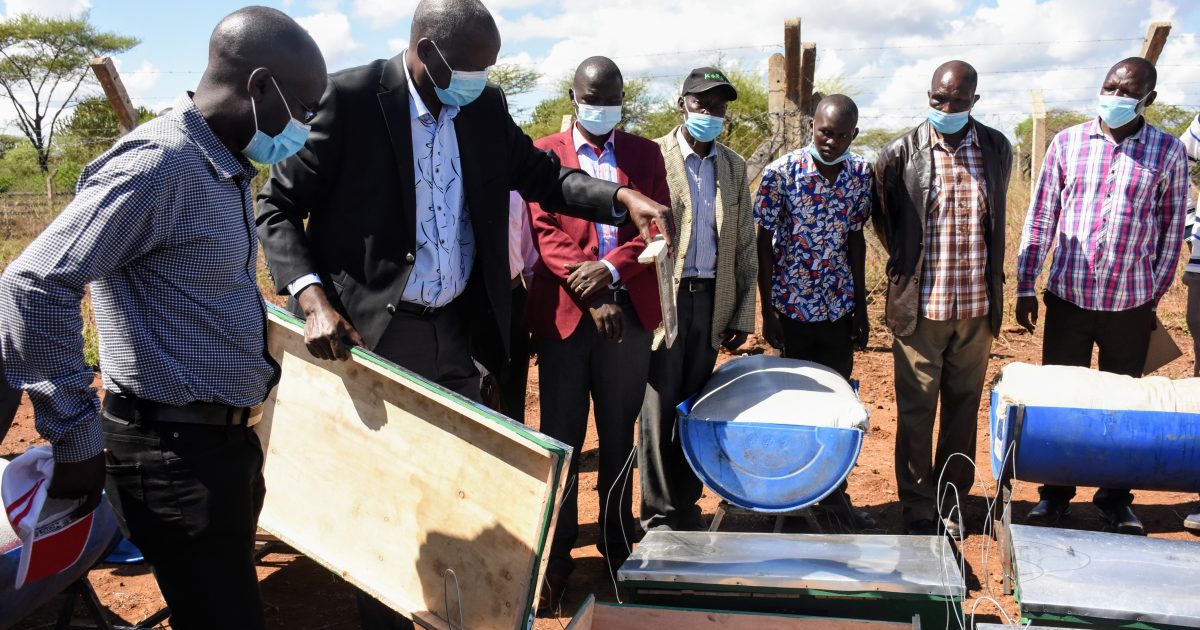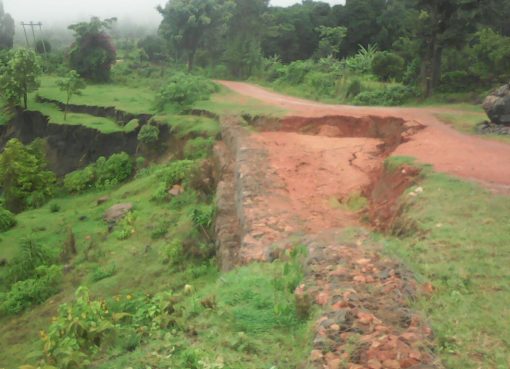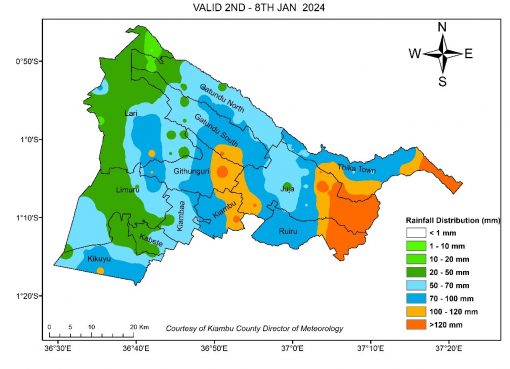More than 1,500 farmers from the four Arid and Semi-Arid land (ASAL) Sub-counties of Baringo, Tiaty, Mogotio, Baringo North and Baringo South will undergo training in a bid to mitigate against effects of drought.
Baringo governor Stanley Kiptis made the disclosure at Kimalel Goat Auction Yard in Baringo South Sub County during the handing of 105 Galla goats, 151 beehives and pasture seeds to farmers from Marigat Ward where he said that the county was moving towards enhanced food security.

Kiptis said his administration had benefited from Sh9 million support from USAID through Reconcile Aid for an integrated capacity programme to improve productivity and reduce hunger and malnutrition amongst local communities.
The county boss stated that the programme seeks to capacity build farmers in order to make food security sustainable in a region faced with myriad challenges of insecurity and perennial drought. “We are targeting farmers from pastoralist communities because we want them to move from traditional agricultural practices and focus on value addition,” he said.
County Executive Committee Member for Agriculture Joel Koima revealed that 25 county Veterinary Officers, 24 Community Disease Reporters as well as 130 farmers in the four selected regions have so far been trained in the programme that also seeks to improve response and surveillance of animal diseases.
Area MP Charles Kamuren thanked the partners for their efforts in uplifting the livelihoods of farmers who previously languished in poverty.
Kamuren pointed out that insecurity had posed serious challenges to an extent that some residents left their productive lands.
He called on other stakeholders to economically support such vulnerable communities to enable them meet their financial needs.
By Benson Kelio and Christopher Kiprop





